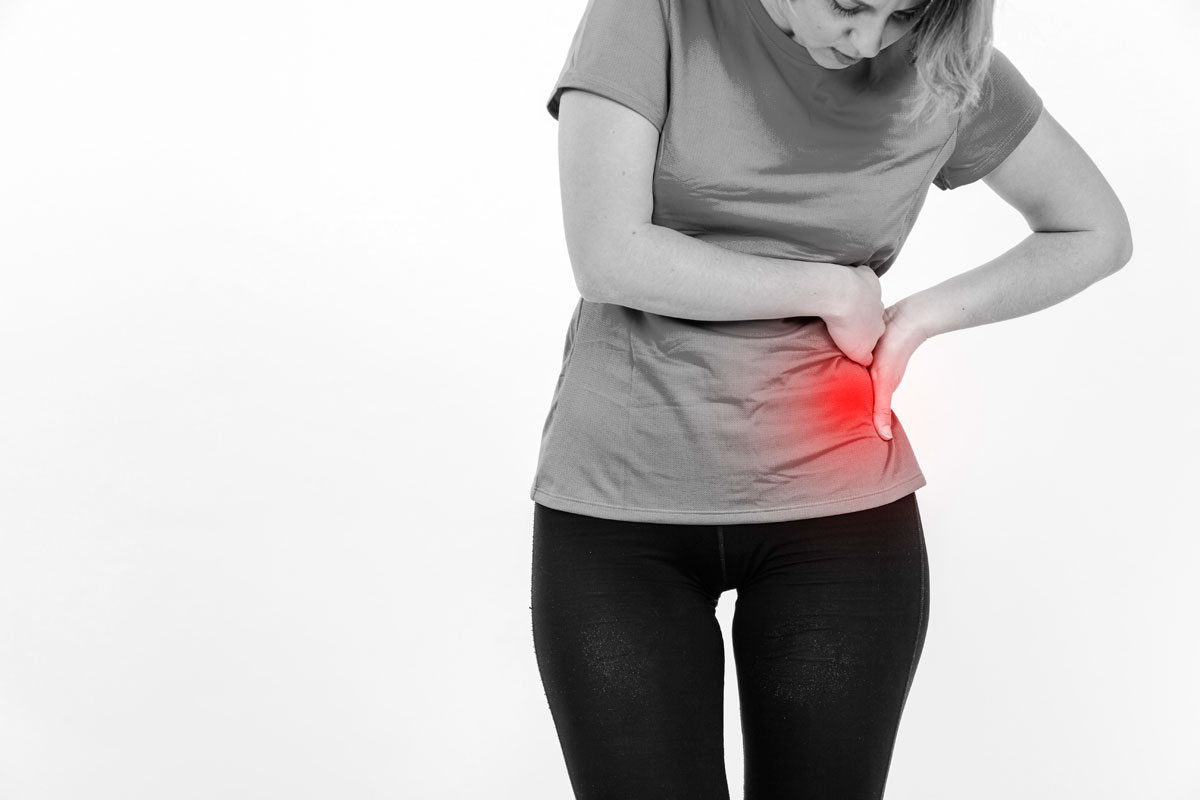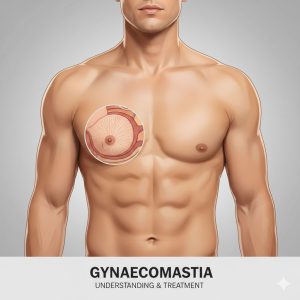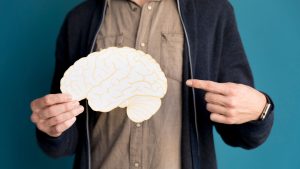Kidney stones are one of the most common urological problems in India, affecting nearly 10% of the population at some point in their lives. With a variety of causes and stone types, early diagnosis and proper management can go a long way in reducing discomfort and avoiding complications.
What Are Kidney Stones?
Kidney stones are hard deposits made of minerals and salts that form inside the kidneys. These stones can vary in size and composition, often forming when urine becomes concentrated, allowing minerals to crystallize and stick together.
Why Are Kidney Stones So Common in India?
Several factors contribute to the high incidence of kidney stones in India:
- Dehydration: Hot climate and insufficient fluid intake are major culprits.
- Dietary Habits: High consumption of animal protein, oxalate-rich foods, and salts can lead to stone formation.
- Mixed Stone Types: The Indian population frequently shows mixed composition stones, making diagnosis and treatment more complex.
Diagnosis
Most kidney stones are detected using:
- Ultrasound – a non-invasive and cost-effective initial screening.
- CT Scan (Non-contrast) – provides a more detailed and accurate view of the size, number, and location of stones.
Treatment Options
1. Lifestyle & Dietary Modifications
- Increase Water Intake: Aim for at least 2.5–3 litres a day to flush out minerals.
- Limit Salt and Protein: Cut down on animal protein and processed foods.
- Include Citric Fruits: Juices from lemons, oranges, and other citric acid-rich fruits help dissolve certain types of stones.
2. Medical & Surgical Interventions
- URS (Ureteroscopy): Used for stones in the ureter or lower kidney.
- RIRS (Retrograde Intrarenal Surgery): A minimally invasive procedure for stones inside the kidney.
- PCNL (Percutaneous Nephrolithotomy): Ideal for large or complex kidney stones.
Prevention is Key
The good news is that most kidney stones can be prevented. Regular hydration, balanced diet, and periodic checkups can drastically reduce the risk of recurrence.
If you experience symptoms like severe flank pain, blood in urine, or nausea, consult a urologist immediately. Early diagnosis can make a big difference.
Stay hydrated. Stay healthy.
Dr. V. Manjunath
MBBS, MS – General Surgery, MCh – Urology
Consultant – Urology and Andrology














